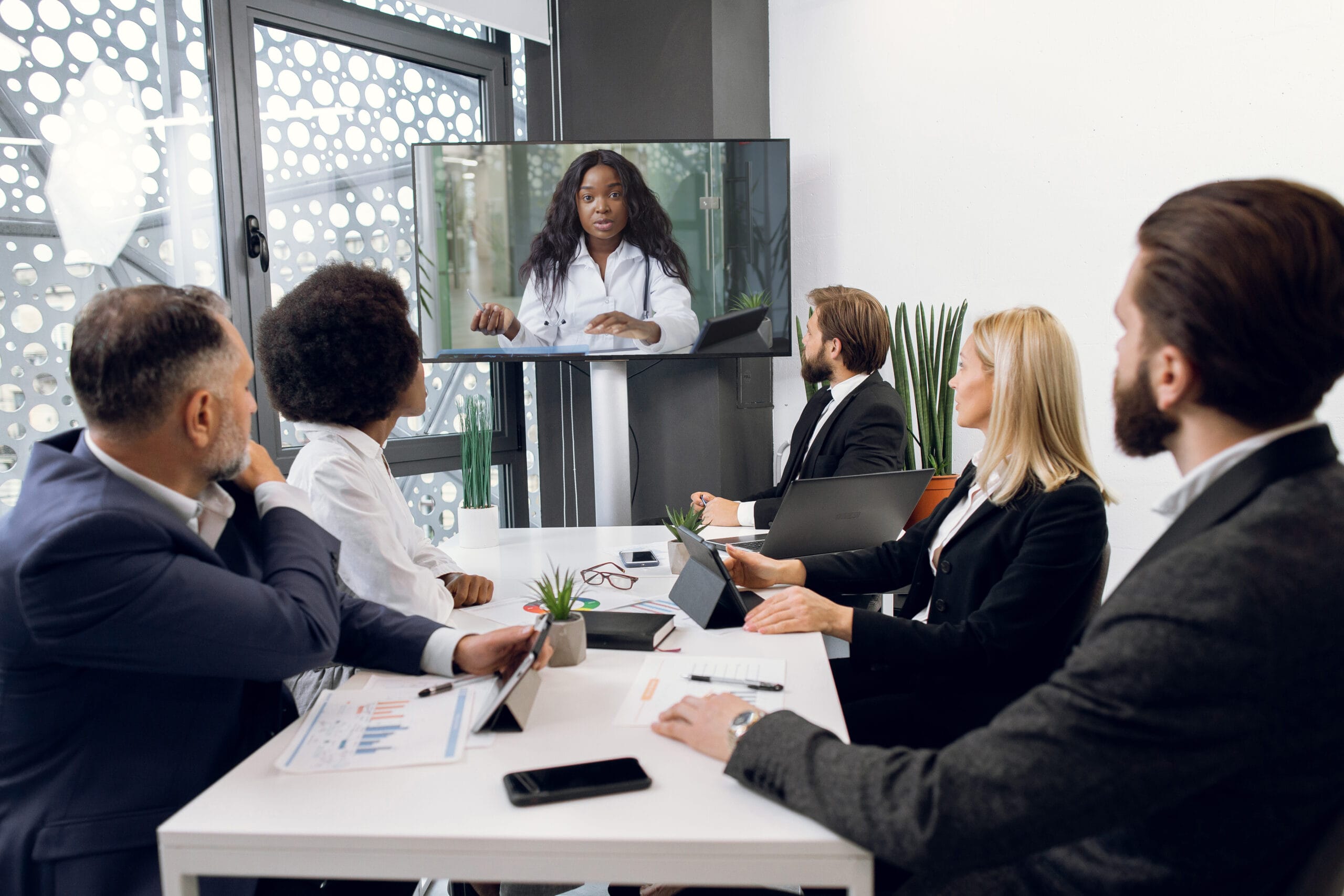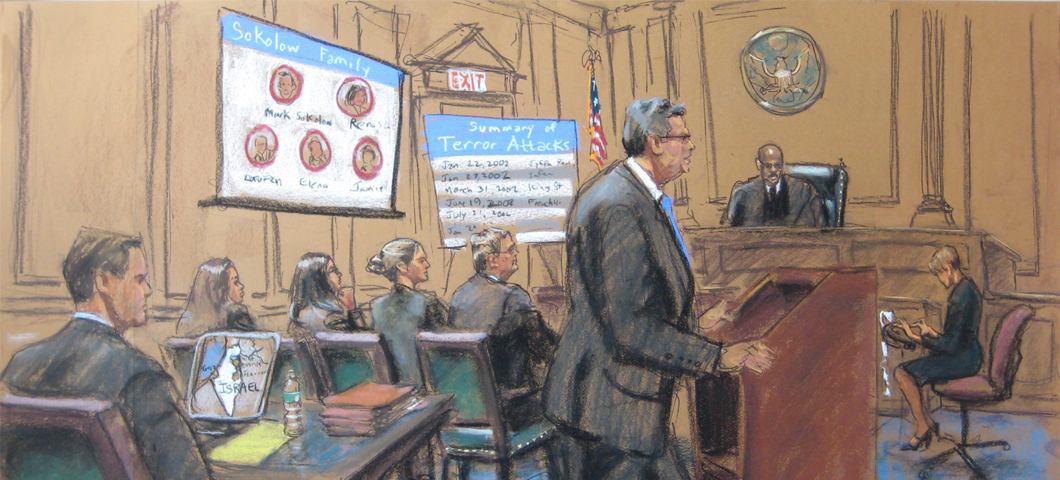Enhancing Your Legal Method With Expert Test Presentations
In today's legal landscape, the importance of professional test discussions can not be overstated. By transforming dense lawful ideas right into interesting stories, practitioners can enhance juror understanding and retention.
Value of Test Presentations
Trial presentations work as an essential aspect in the legal process, efficiently bridging the void between intricate lawful debates and juror comprehension. The ability to boil down detailed legal concepts right into obtainable stories is essential for jurors, that have to make enlightened decisions based on the proof provided. A well-crafted discussion not just makes clear the instance however also improves the persuasiveness of the disagreement, inevitably influencing the court's perception.
In an age where focus spans are restricted, the importance of engaging visuals and clear interaction can not be overemphasized. Trial discussions offer to capture jurors' rate of interest and keep their focus, enabling for a much deeper understanding of the facts and legal problems handy. Furthermore, they supply an organized structure that organizes the situation, promoting logical flow and coherence.

Key Parts of Effective Presentations
An effective presentation in a courtroom setting hinges on a number of crucial parts that jointly boost its influence. Lawyers must distill complex legal arguments into concise, easily digestible points to ensure jurors understand the core issues.
Visual aids play an important function also, as they can significantly strengthen crucial messages. Efficient usage of exhibitions, charts, and representations can clarify elaborate details and highlight essential facts. In addition, the speaker's shipment style is important; confident, engaging interaction promotes integrity and preserves jurors' interest.
Lastly, understanding the target market is vital. Tailoring the presentation to the jurors' histories and values can foster a link that boosts receptiveness to the argument. In recap, clearness, narrative structure, aesthetic aids, delivery design, and audience awareness are indispensable to crafting an efficient courtroom discussion that resonates with jurors and sustains the overarching lawful strategy.
Modern Technology in Test Presentations
Modern courtrooms significantly integrate modern technology to enhance test presentations, improving the foundational elements of efficient communication established through clear messaging and appealing stories. The consolidation of audio-visual help, such as browse around this web-site high-definition projectors and interactive display screens, enables lawful teams to existing evidence in a much more engaging manner. This modern technology not just records the court's interest but likewise facilitates a much better understanding of complex info.

Digital devices, including presentation software program and electronic exhibit administration systems, simplify the organization and retrieval of proof (trial presentations). Lawyers can quickly reference files, pictures, and video clips, ensuring that vital info is conveniently accessible during the trial. Furthermore, using computer animations and simulations can strongly illustrate essential ideas, making them much easier for jurors to realize
In addition, courtroom technology promotes collaboration among attorneys, allowing real-time modifications to discussions based on jury reactions or unforeseen advancements. The capability to adapt on the fly is important in preserving interaction he said and strengthening disagreements. As innovation remains to develop, its role in trial presentations will unquestionably expand, offering cutting-edge methods to interact efficiently and persuasively in the quest of justice.
Storytelling Techniques for Influence
Reliable narration methods are essential in delivering impactful test discussions, as they transform complex lawful debates into relatable narratives. A well-crafted tale mesmerizes the audience, making it easier for jurors to recognize and bear in mind crucial points.
To develop an engaging narrative, lawyers must focus on developing a clear framework with a beginning, center, and end. The beginning should present the situation context and its significance, while the center elaborates on the core problems, weaving in proof and witness statements that support the debate. Conclusively, the finishing must reinforce the desired message, driving home the desired end result.
Additionally, including emotional aspects can dramatically improve the story's impact. By humanizing the situation, lawyers can stimulate empathy, enabling jurors to attach personally with the truths offered. Utilizing brilliant images and anecdotes can likewise help in highlighting complex styles, making them extra tangible and unforgettable.

Tips for Application in Court
Executing narration techniques in court calls for careful preparation and implementation to guarantee that the story resonates with jurors. Begin by determining the core message of your case and aligning it with the psychological and factual aspects that will certainly engage the jury. Develop a clear and compelling narrative arc that includes an intro, a development of dispute, and a resolution.
Make use of aesthetic aids to improve narration; exhibits, timelines, and multimedia presentations can aid illustrate complicated principles and keep juror interest. Practice your distribution, ensuring that body language, tone, and pacing follow the psychological weight of your story.

Conclusion
In final thought, professional test presentations play a crucial role in boosting legal methods by efficiently connecting complex debates to jurors. The integration of aesthetic help, clear narratives, and psychological storytelling promotes juror involvement and comprehension. By leveraging innovation and sticking to essential parts of effective presentations, lawyers can significantly enhance the chance of achieving positive judgments. The implementation of these methods is essential for contemporary trial campaigning for, inevitably shaping the result of lawful process - trial presentations.